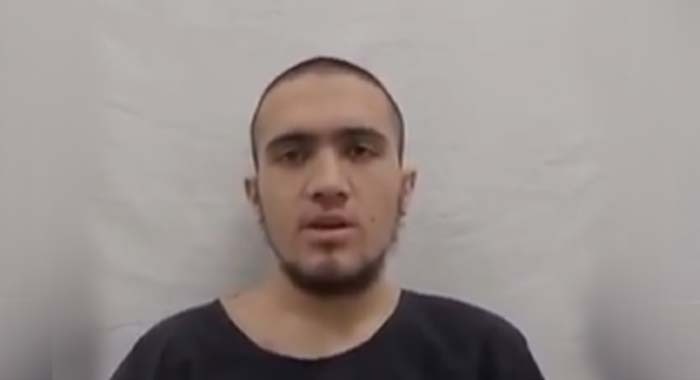A 22‑year‑old Afghan youth, identifying himself as Nematullah son of Musa Jan and a resident of Kandahar, has given a chilling first‑hand account of how youths are recruited, radicalised and trained for attacks against Pakistan — and how his own religious convictions ultimately stopped him from carrying out a suicide mission.
Nematullah told investigators and journalists he had been studying the Qur’an at a madrassa in Kandahar when people at the school began persuading students that jihad against Pakistani forces was justified. “About 40 of us gathered in Khost and then crossed into Pakistan via Chivar,” he said, describing how the group was moved to an area he named as Lalay Zhê /Barwand in South Waziristan, where a Taliban centre was said to operate.
He described a training programme that ran for months; he attended only one week of it. The camp — he said — was run by a commander called Omar Hamas and focused on preparing recruits for “suicide operations.” Nematullah said most trainees were young men of roughly his age, many between 18 and 22.
But during his short time at the camp something changed. A call to prayer he heard there and his own background as a Hafiz‑ul‑Qur’an triggered a moral crisis. “I realised the soldiers we were being trained to attack are Muslims too,” he said. “To kill them in a suicide attack would be haram. I could not do it.” He said that insight — rooted in his religious training — led him to refuse to go through with the plan.
What this testimony implies
Nematullah’s account is significant because it ties several troubling threads that have worried Islamabad and regional capitals for years:
Recruitment and radicalisation appear to begin at or near some madrassas inside Afghanistan, where vulnerable young men are persuaded to travel cross‑border for militant training.
Afghan‑based militant centres are being used to train foreigners and Afghans alike for operations across the frontier, a pattern Pakistani officials have repeatedly warned about.
The testimony reinforces reports alleging active facilitation of cross‑border infiltration over an extended period — not a one‑off phenomenon.
Regional and international reports cited by Islamabad have estimated large numbers of militants and foreign fighters present on Afghan soil; Pakistan, Iran, China, Russia and international bodies such as the UN have repeatedly pressed Kabul’s de facto authorities to act on these concerns. Nematullah’s confession, particularly his description of a steady pipeline moving recruits from Afghanistan into militant hubs in Pakistan, gives a human face to those security warnings.
Nematullah’s story also points to the importance of prevention and religious‑community engagement: his decision to refuse the attack came not from coercion or escape but from an internal moral reckoning tied to his Islamic education. That suggests deradicalization and community outreach, alongside security measures, are vital tools for stopping young people from becoming instruments of violence.





